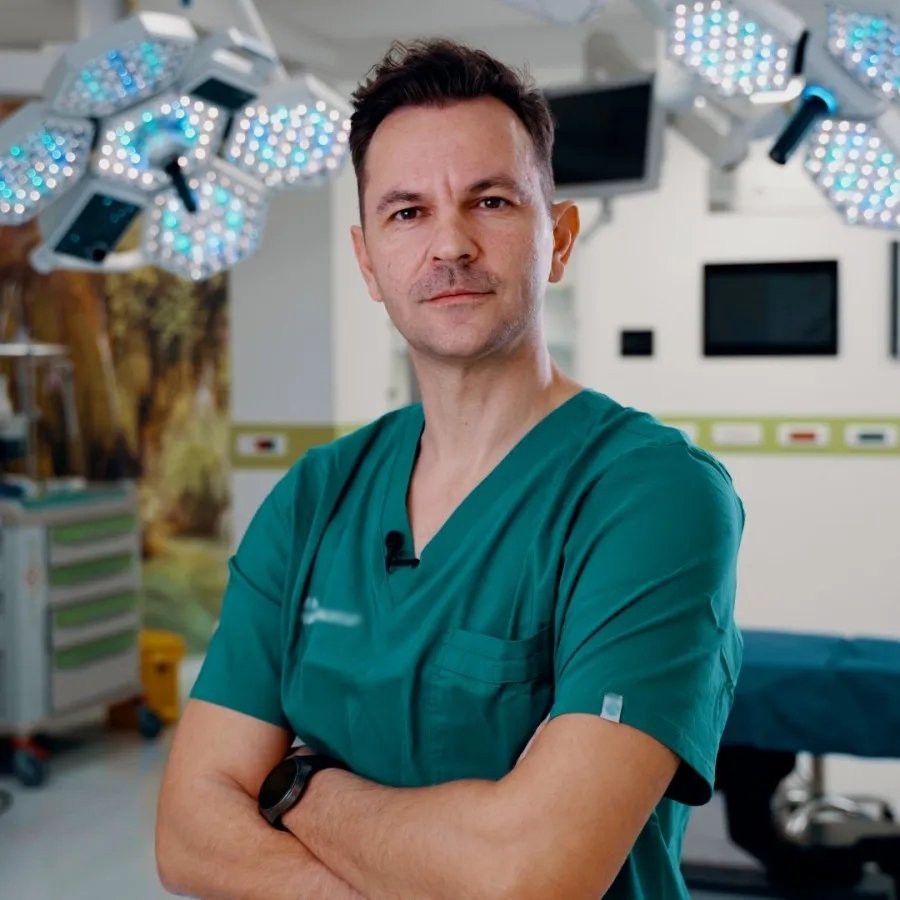Latest Advancements in Equine Genetics: What Does the Future Hold for Horses?

The world of equine genetics is undergoing a revolution, promising exciting advancements that could reshape the future of horse breeding, health, and performance. From decoding the equine genome to cutting-edge genetic engineering techniques, these developments offer horse owners, breeders, and veterinarians new tools to enhance the lives of horses. This article delves into the latest breakthroughs in equine genetics, exploring their potential impacts and what the future holds for our beloved equine companions.
Understanding Equine Genetics
Equine genetics is the study of genes and heredity in horses. By understanding the genetic makeup of horses, scientists can identify genes associated with specific traits, diseases, and performance capabilities. This knowledge paves the way for more informed breeding decisions, targeted therapies, and improved overall horse health.
Key Advancements in Equine Genetics
1. Decoding the Equine Genome
The sequencing of the equine genome has been a monumental achievement in genetic research. By mapping the complete genetic blueprint of horses, researchers have identified genes responsible for various traits and conditions. This information is crucial for selective breeding, enabling breeders to enhance desirable traits such as speed, endurance, and temperament while minimizing genetic disorders.
Example: Thoroughbred racing benefits greatly from genome sequencing, allowing breeders to select horses with genetic markers for superior speed and stamina.
2. Genetic Testing for Disease Prevention
Genetic testing has become a vital tool for identifying carriers of hereditary diseases. Conditions such as Hyperkalemic Periodic Paralysis (HYPP) and Hereditary Equine Regional Dermal Asthenia (HERDA) can be detected early, allowing breeders to make informed decisions and prevent the spread of these disorders.
Tip: Horse owners can use genetic testing services to screen their horses for potential genetic diseases, ensuring healthier offspring and reducing the risk of unexpected health issues.
3. CRISPR and Gene Editing
CRISPR technology, a groundbreaking gene-editing tool, holds promise for the equine world. This technique allows precise modifications to the DNA sequence, potentially correcting genetic defects and enhancing desirable traits. While still in the early stages of application in equines, CRISPR offers hope for addressing genetic disorders and improving performance traits.
Insight: Ethical considerations and regulatory frameworks are essential as we navigate the possibilities and implications of gene editing in horses.
The Impact on Breeding and Performance
The integration of genetic advancements into breeding programs is poised to transform the equestrian world. Selective breeding based on genetic insights can lead to healthier, more capable horses. Performance traits such as speed, agility, and endurance can be optimized, creating elite equine athletes.
Example: Arabian horses, known for their endurance, could see even greater enhancements through genetic selection, leading to superior performance in endurance races.
Addressing Ethical and Practical Concerns
Ethical Considerations
The manipulation of genetic material raises ethical questions regarding the welfare of the animals and the potential for unintended consequences. It is vital to approach genetic advancements with caution, ensuring that the well-being of horses remains the top priority.
Practical Implementation
Adopting these genetic technologies requires investment and education. Breeders and horse owners must stay informed about the latest research and techniques to effectively utilize these tools.
The future of equine genetics holds immense promise, offering opportunities to enhance the health, performance, and breeding of horses. By embracing these advancements responsibly, the equestrian community can ensure that our horses not only excel in their abilities but also lead healthier, happier lives. The journey into the genetic frontier is just beginning, and its potential to revolutionize the world of horses is both exciting and profound.

Being a Senior Veterinarian with a focus in Surgical Oncology, Dr. Stephen Burton brings a wealth of knowledge and commitment to his job. His rise to prominence in veterinary medicine began in academia and continued to the forefront of clinical care innovation.
Subscribe my Newsletter for new blog posts. Stay updated from your inbox!









